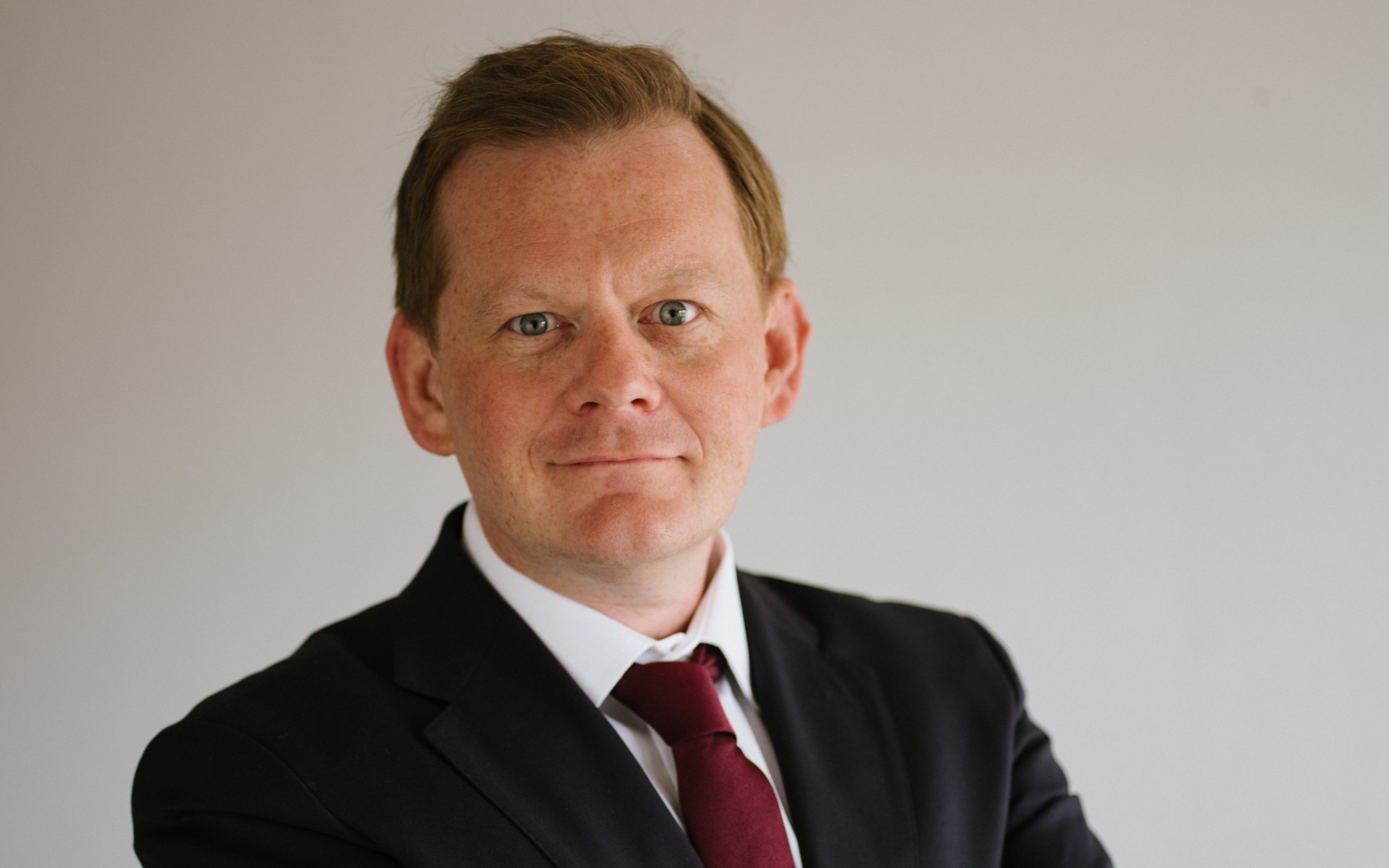The Council of Trade Unions is concerned that working people are continuing to bear the costs of the COVID-19 crisis.
“Today’s figures from Statistics New Zealand show that 54% of all working people did not receive a pay increase in the last year. People working in both the public and private sectors experienced wage increases as measured by the Labour Cost Index of 1.6% – which means that in real terms their wages were flat. As the economy recovers from COVID-19, we should be making sure that all working people are benefitting from that recovery,” said CTU Economist and Director of Policy Craig Renney.
“The headline rate of unemployment fell to 4.7%, with welcome increases to women’s employment leading the way. But when you look under the surface, the position of the labour market looks less promising. The numbers of people in paid work fell 3,000 from a year ago, and there were big increases in the numbers of people providing unpaid care. It should be of concern that the number of self-employed contractors also increased by 25,000 – suggesting that insecure contracting is increasingly filling the employment gap.”
“This data also shows continued elevated levels of underemployment and underutilisation, particularly for women. 31,000 more people (from last year) would like more work but can’t find it. The actual number of hours worked fell when compared to the position last year, and Maori and Pacific Peoples unemployment rates remain more than double the rate of the European population.”
“This information comes on the same day that the banking sector shows rising profits. Together with data on the rising cost of living for poorer families, housing challenges, and child poverty data show that the recovery from COVID-19 is uneven and being borne by those with the least. When the Budget is revealed in 15 days time, the government has an opportunity to help reset the support that is being provided to working people, their families, and to the unemployed,” Renney said.
